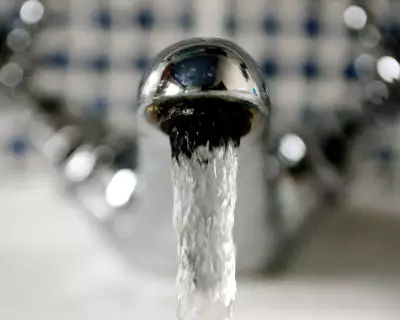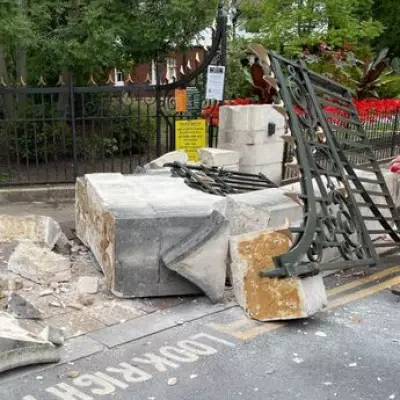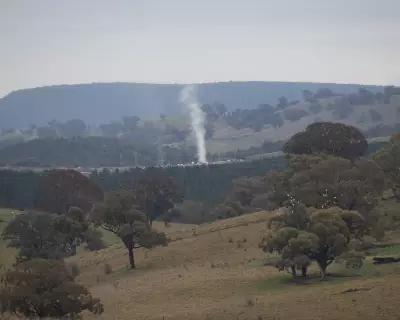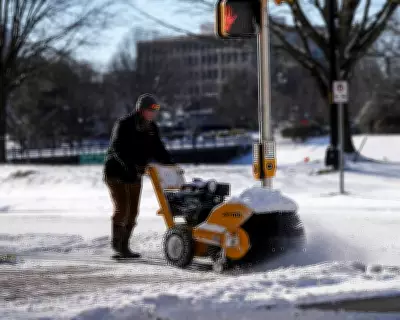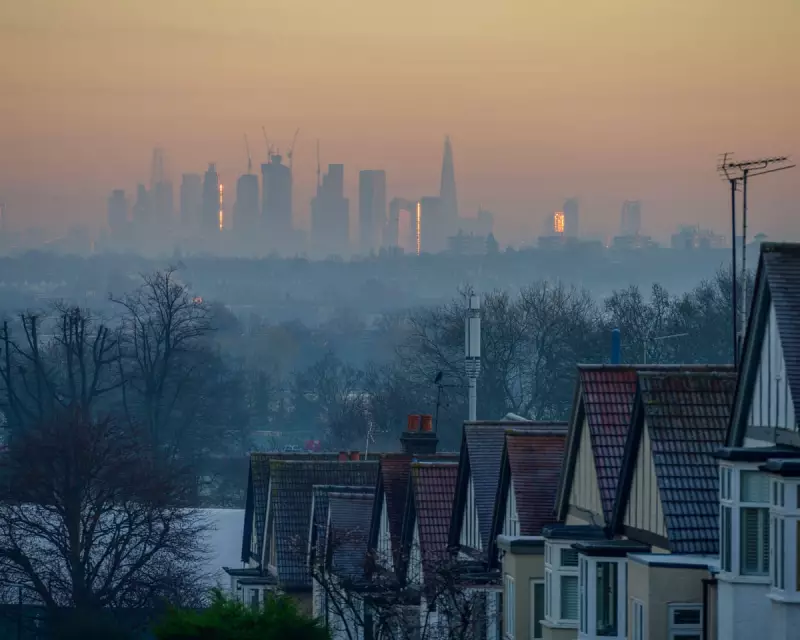
A disturbing environmental divide has been exposed across England and Wales, with new analysis revealing that the most deprived communities are consistently breathing the most polluted air. The findings paint a troubling picture of environmental inequality that experts warn is creating a health time bomb for the nation's most vulnerable residents.
The Stark Reality of Pollution Inequality
Fresh data analysis demonstrates a clear pattern: as deprivation increases, so does exposure to harmful pollutants. The research, examining levels of nitrogen dioxide (NO₂) and fine particulate matter (PM2.5), shows that the most disadvantaged neighbourhoods suffer from significantly worse air quality compared to their wealthier counterparts.
This pollution gap isn't just a statistical concern—it's having real-world consequences for public health. Medical professionals are sounding the alarm about the disproportionate impact on residents in these areas, who face elevated risks of respiratory conditions, cardiovascular disease, and other serious health problems.
Why the Divide Exists
Several factors contribute to this environmental injustice:
- Transport infrastructure: Major roads and traffic corridors are often concentrated near lower-income communities
- Industrial proximity: Polluting facilities and industrial sites tend to be located in or near deprived areas
- Housing quality: Poorer housing stock and inadequate ventilation exacerbate indoor air pollution
- Green space deficit: Limited access to parks and natural areas reduces natural air filtration
The Human Cost of Polluted Air
Behind the statistics are real people facing daily health challenges. Doctors report seeing higher rates of asthma, bronchitis, and other respiratory conditions in these pollution hotspots. Children and elderly residents are particularly vulnerable, with long-term exposure potentially affecting lung development and overall life expectancy.
"We're essentially sentencing our most vulnerable citizens to poorer health outcomes simply because of where they can afford to live," one public health expert commented. "This isn't just an environmental issue—it's a fundamental matter of social justice."
A Call for Action
Environmental campaigners and health professionals are urging policymakers to address this growing crisis. They're calling for:
- Targeted pollution reduction measures in the most affected areas
- Stricter regulations on industrial emissions near residential communities
- Investment in green infrastructure and public transport in deprived neighbourhoods
- Better monitoring and public awareness campaigns in pollution hotspots
The findings serve as a stark reminder that environmental protection and social justice are inextricably linked. As one campaigner put it: "Clean air shouldn't be a luxury—it's a basic human right that every community deserves."

